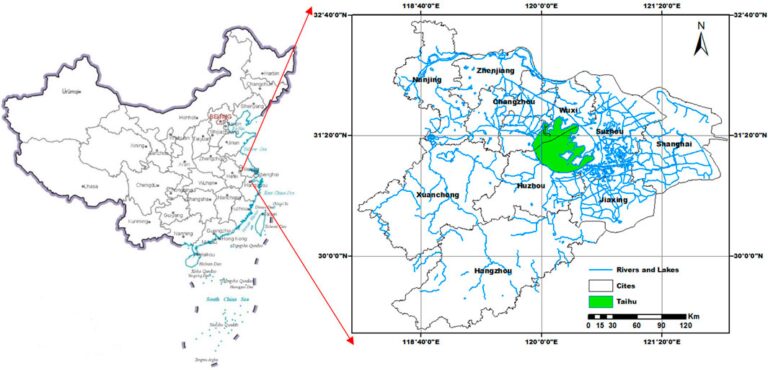The article discusses the significant environmental issues caused by excessive natural resource consumption and pollution in river basins, jeopardizing sustainable development. Payment for Watershed Ecosystem Services (PWES) and ecological compensation (EC) have emerged as vital strategies implemented in various regions, including China, to enhance watershed environments. Despite these efforts, EC faces challenges such as inadequate funding, coordination, and sustainability.
Public participation is identified as crucial for improving environmental decision-making and reducing costs associated with ecological protection. The study employs the Contingent Valuation Method (CVM) coupled with the Random Forest (RF) algorithm to assess residents’ willingness to pay (WTP) for eco-compensation in the Taihu Basin. Data were collected through a questionnaire, revealing that the majority (88.24%) of respondents are willing to contribute, with average WTP estimated at 287.344 CNY per person per year.
Key factors influencing WTP include awareness of the watershed’s ecological importance and its impact on daily life, annual income, and education levels. Concerns over how compensation funds are utilized also emerged as a barrier to willingness to pay. The study emphasizes the need for enhanced public awareness and transparency regarding eco-compensation to encourage participation and suggests adaptive measures for improving ecosystem service mechanisms. Overall, the research highlights the interplay between public willingness, socio-economic factors, and ecological sustainability in the context of watershed management.


